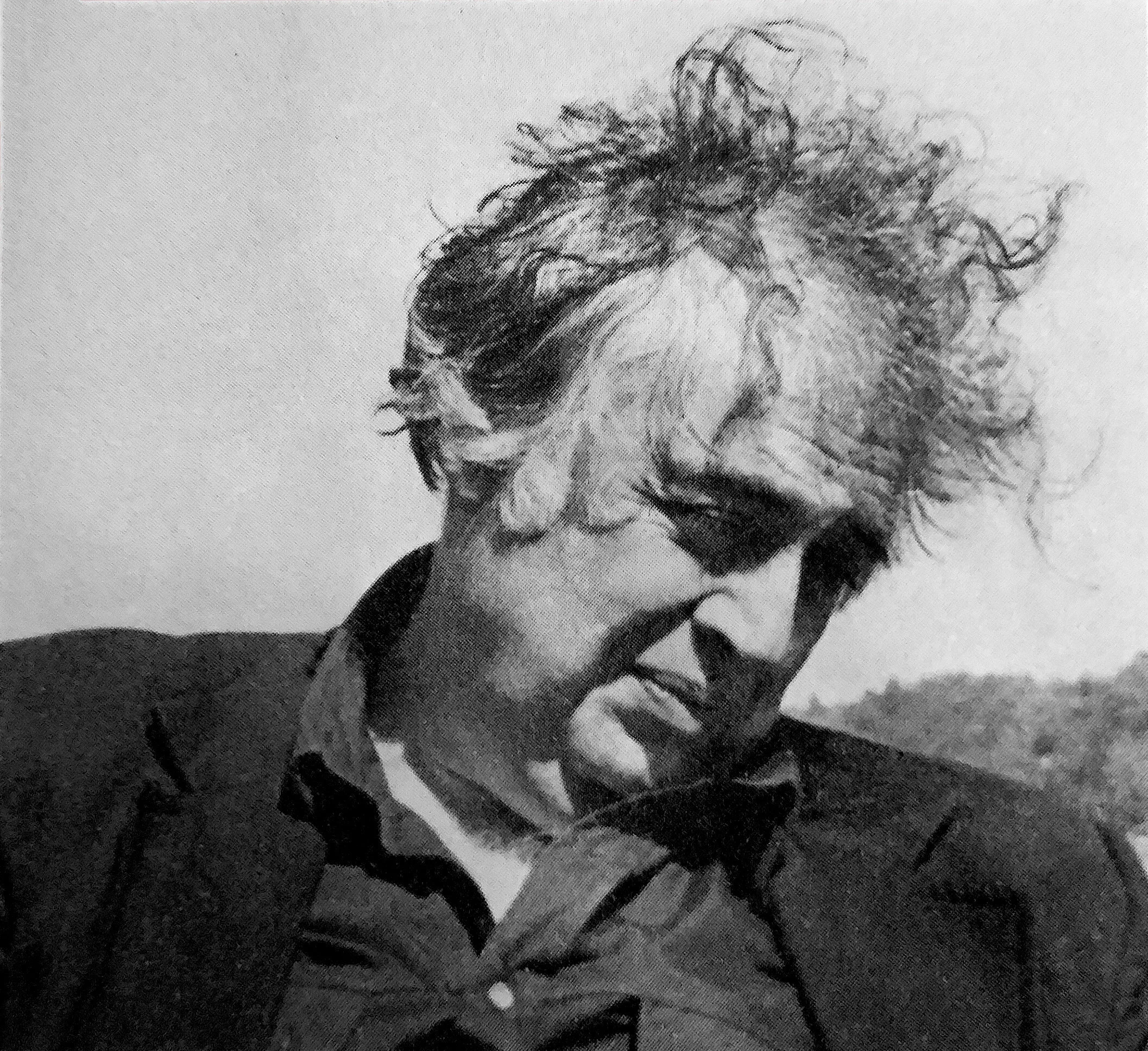Does your taste stink?
If anyone ever tells you that your taste stinks, just think of Harold Bloom. He was one of the greatest literary critics of all time, a Sterling Professor at Yale, an unapologetic defender of the Western Canon. He received the MacArthur “Genius” Grant. He called Charlie Rose “Charles.” He called Stephen King an “immensely inadequate writer.” He hated Harry Potter. (In an interview with the Harvard Business Review, he said, “Isn’t it better to read Harry Potter than not to read at all? No, it’s not better. If you think that reading Harry Potter means that you will eventually go on to read a real book, you’re quite wrong.” On reading Harry Potter and the Sorcerer's Stone, he said, “I suffered a great deal in the process.”) When Time asked Bloom for his “Best Books of Summer,” he suggested Shakespeare, Dante, Homer, and Cervantes.
If there’s anyone who ever thought themselves possessed of good taste, it was Harold Bloom. And maybe he did have great taste. The point isn’t whether he did or didn’t. The point is what that taste was worth when he wrote his own stories.
Harold Bloom playing Quidditch.
Bloom wrote one novel, The Flight to Lucifer: A Gnostic Fantasy. He was nearly 50 years old when it was published in 1979. Years later, he repudiated the work, saying that it would “never do,” and that “If [he] could go around and get rid of all the surviving copies, [he] would.”
Reading and rereading and analyzing and loving the classics isn’t enough—perhaps it’s a separate skill from the ability to write a good story. Think of Larry David’s doctor, whose judgment is called into question after a bad restaurant recommendation. If his opinion on restaurants can’t be trusted, how can a patient trust his opinion on medicine? If you subject yourself to the taste of critics, what will it do for your stories?
“Bad taste is real taste, of course, and good taste is the residue of someone else’s privilege.”
So if someone tells you your taste stinks, take comfort in Harold Bloom. Taste may matter less than you think. As Flannery O’Connor said, “I find that most people know what a story is until they sit down to write one.”

